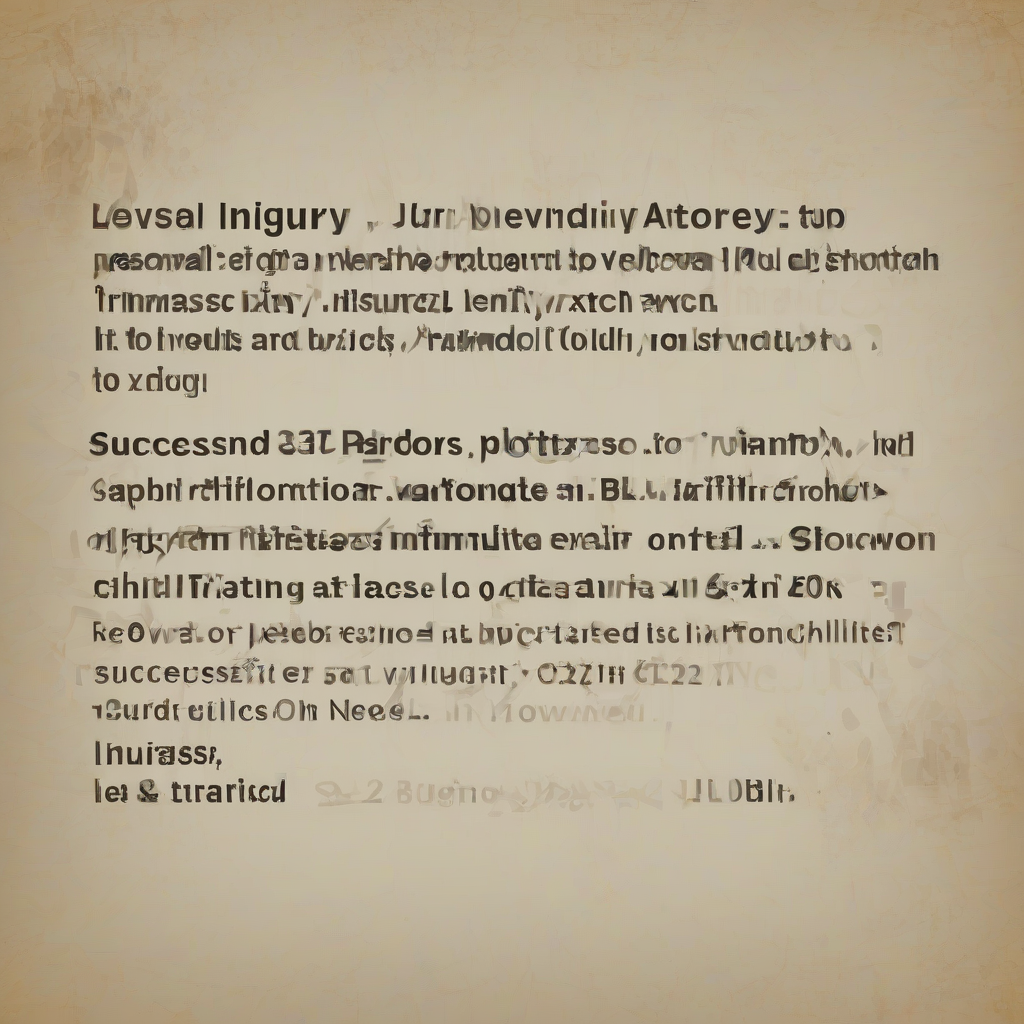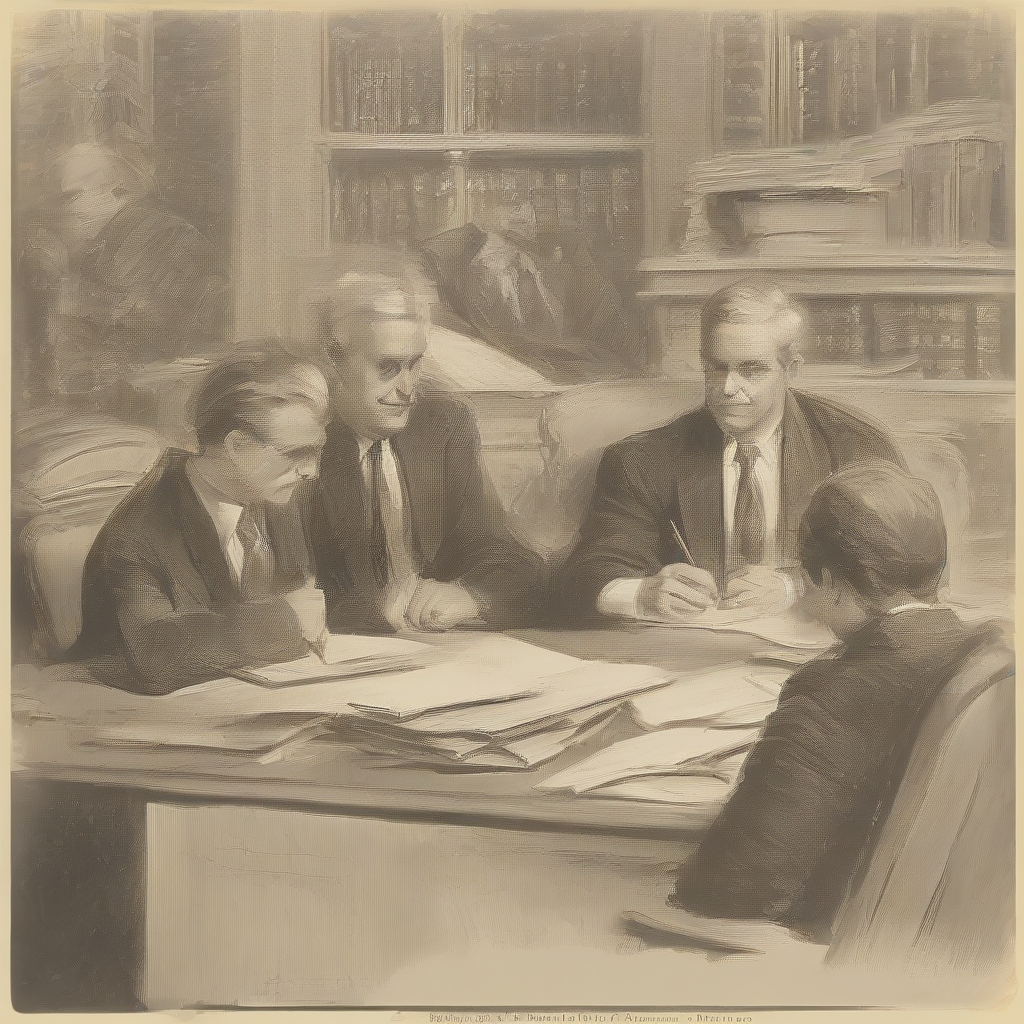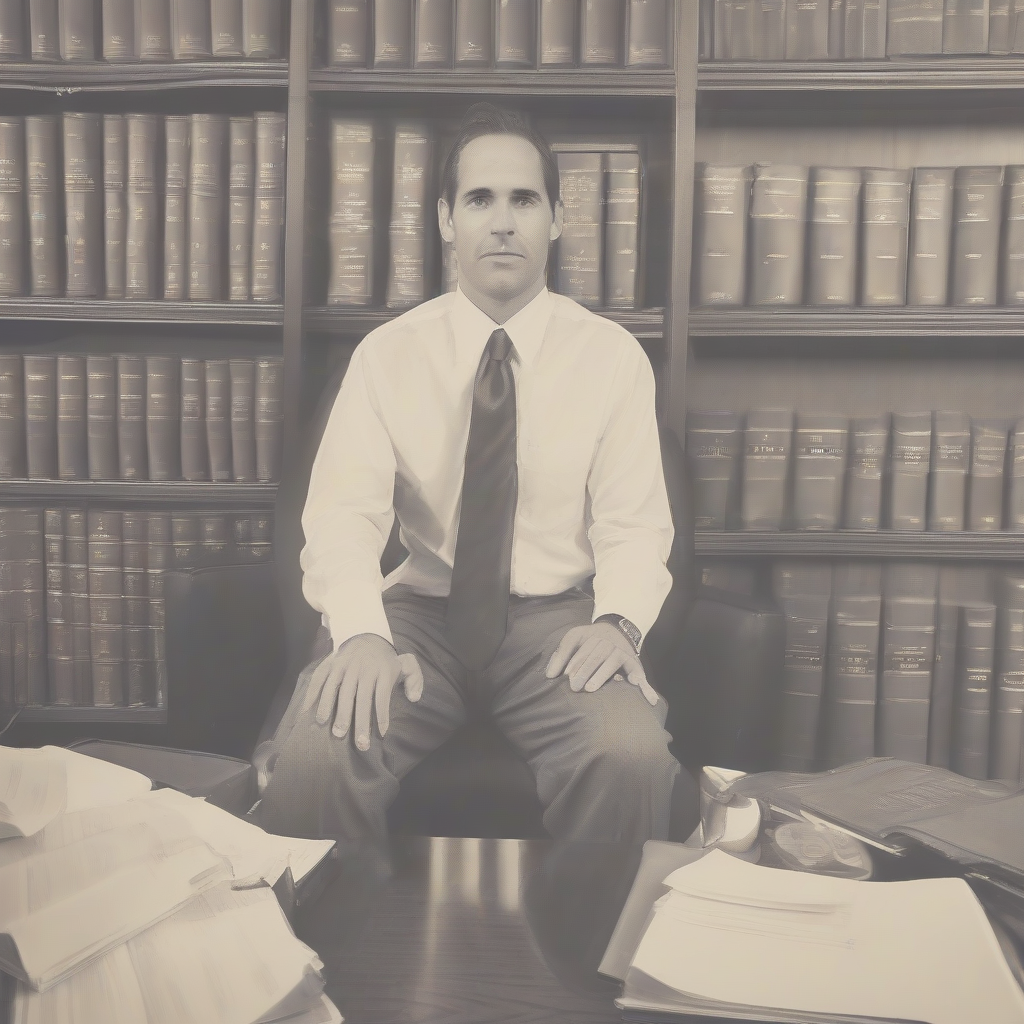Unmasking the Best: A Comprehensive Guide to Top Criminal Defense Lawyers
Navigating the complex world of criminal justice requires unwavering support and expert legal counsel. Facing criminal charges can be an overwhelming and terrifying experience, leaving individuals feeling vulnerable and lost. This is where the expertise of a top-tier criminal defense attorney becomes invaluable. This guide delves into the crucial factors to consider when seeking representation, explores the qualities that define the best criminal lawyers, and offers insights into finding the ideal advocate for your specific needs.
Understanding the Crucial Role of a Criminal Defense Attorney
A criminal defense attorney acts as a shield, protecting your rights and ensuring you receive a fair trial. Their role extends far beyond simply appearing in court. They meticulously investigate the case, gather evidence, build a robust defense strategy, negotiate with prosecutors, and represent you throughout every stage of the legal process. The quality of your representation significantly impacts the outcome of your case, potentially affecting your freedom, reputation, and future.
Key Qualities of the Best Criminal Attorneys
Identifying the “best” criminal attorney requires looking beyond mere advertising claims. Several key qualities distinguish exceptional lawyers from the rest:
- Extensive Experience and Expertise: Years of experience handling various types of criminal cases, including felonies and misdemeanors, are crucial. Specialization in specific areas like drug crimes, white-collar crimes, or violent crimes can be particularly advantageous.
- Proven Track Record of Success: A successful attorney demonstrates a consistent history of achieving favorable outcomes for their clients. While past results don’t guarantee future success, a strong track record reflects competence and skill.
- Deep Understanding of Criminal Law: A thorough grasp of criminal procedure, evidence law, and relevant statutes is paramount. The best attorneys stay updated on legal changes and precedents.
- Exceptional Investigative Skills: A skilled investigator meticulously gathers and analyzes evidence, interviews witnesses, and explores all possible defense strategies. They leave no stone unturned in building a strong case.
- Strong Negotiation and Litigation Skills: The best attorneys effectively negotiate with prosecutors to achieve favorable plea bargains or aggressively litigate the case in court if necessary. They are skilled courtroom advocates.
- Excellent Communication and Client Relations: Clear and consistent communication is essential. The best attorneys keep their clients informed every step of the way, patiently answering questions and providing support.
- Ethical Conduct and Integrity: Upholding the highest ethical standards is non-negotiable. The best attorneys act with integrity and always prioritize their client’s best interests.
- Resourcefulness and Creativity: Complex criminal cases often require innovative strategies and thinking outside the box. The best attorneys are resourceful and creative in developing defense approaches.
- Dedication and Perseverance: Criminal cases can be lengthy and challenging. The best attorneys exhibit unwavering dedication and perseverance, fighting relentlessly for their clients.
- Strong Network of Experts: Access to a network of forensic experts, investigators, and other specialists is a significant asset for complex cases.
Factors to Consider When Choosing a Criminal Attorney
Selecting the right criminal attorney is a critical decision. Consider these factors:
- Type of Crime: Choose an attorney with experience in the specific type of crime you are facing.
- Jurisdiction: Ensure the attorney is licensed to practice in the relevant jurisdiction.
- Client Testimonials and Reviews: Read online reviews and testimonials to gain insights into client experiences.
- Fee Structure: Understand the attorney’s fee structure and payment options.
- Communication Style: Choose an attorney with whom you feel comfortable communicating and who readily answers your questions.
- Initial Consultation: Schedule an initial consultation to assess the attorney’s expertise, experience, and compatibility.
- Gut Feeling: Trust your instincts. Choose an attorney who inspires confidence and demonstrates a genuine commitment to your case.
Finding the Best Criminal Attorneys in Your Area
Several resources can assist in finding qualified criminal defense lawyers:
- State Bar Associations: State bar associations maintain directories of licensed attorneys.
- Online Legal Directories: Numerous online legal directories provide attorney profiles and reviews.
- Referrals from Trusted Sources: Seek referrals from trusted sources such as other attorneys, family, friends, or community organizations.
- Local Courts: Observing attorneys in court can provide insights into their courtroom skills and demeanor.
Beyond the Basics: Specialized Areas of Criminal Defense
The field of criminal defense encompasses various specialized areas, each requiring distinct expertise:
- Drug Crimes: This area involves defending individuals accused of drug possession, trafficking, or manufacturing.
- White-Collar Crimes: This involves defending individuals and corporations accused of financial fraud, embezzlement, or insider trading.
- Violent Crimes: This focuses on defending individuals accused of assault, battery, murder, or other violent offenses.
- DUI/DWI Defense: This specialization involves representing individuals charged with driving under the influence.
- Juvenile Law: This area focuses on defending minors facing criminal charges.
- Federal Crimes: This involves defending individuals accused of violating federal laws.
The Importance of Early Legal Intervention
Seeking legal counsel as early as possible is crucial. An attorney can advise you on your rights, assist in investigations, and develop a comprehensive defense strategy. Delaying legal representation can significantly hinder your case.
Preparing for Your Initial Consultation
Before your initial consultation, gather relevant information, including details about the charges, any evidence, and witnesses. Prepare a list of questions for the attorney.
Understanding Legal Fees and Payment Options
Discuss legal fees and payment options upfront. Attorneys may charge hourly rates, flat fees, or contingency fees. Clarify all costs and payment plans before proceeding.
The Value of a Strong Attorney-Client Relationship
A strong attorney-client relationship is essential for a successful outcome. Open communication, trust, and mutual respect are vital for effective collaboration.
The Ongoing Fight for Justice: Beyond the Verdict
Even after a verdict, the work of a good criminal defense attorney may continue, whether it involves appeals, post-conviction relief, or navigating the complexities of sentencing and parole.





